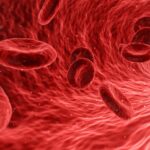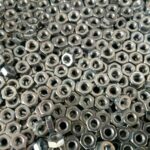New Delhi, June 13
San Francisco-headquartered air-purification technology company Molekule plans to invest in research and development in India
As the company enters India, Dilip Goswami, Co-founder, President and CTO of Molekule, said that its research team has entered into partnerships with India's top research institutes.
On the question of R&D investment into, Goswami said: "Absolutely. Molekule is first and foremost a science company bringing scientific innovation out of academic research to solve the challenges of air pollution. Our team conducts extensive research and rigorous testing."
In addition to its team of dedicated scientists and internal testing labs, the company also works with some of the world's top independent labs, to test its PECO technology.
"As we expand into India, our research team, led by Jaspreet Dhau is continuing these partnerships with some of India's top research institutes," he said.
He said that the goal is to help advance the science of clean air and bring the best technology can offer to solve global air pollution.
Talking of the company's investments in India, Goswami said that it has a two-fold strategy for the Indian market.
Noting that in India there is a need for effective air purification technology, not just in homes, but in all environments, he said: "Our investments in India will be two-fold: first we are building a team to bring our products to homes today and help address the air quality issues people are facing immediately, and secondly, we are developing partnerships to explore radical solutions for all of the environments where clean air is critical beyond the home."
Regarding the efficiency of Molekule's products in terms of viruses, he said that in 2020, tests were done to check the PECO technology's (Photo ElectroChemical Oxidation) ability to inactivate viruses from air that passes through the device.
The test demonstrated that Molekule's PECO air purification technology inactivates coronavirus strains (bovine and porcine strains) and the H1N1 flu virus by up to 99.99 per cent in single-pass experiments.
ians

































